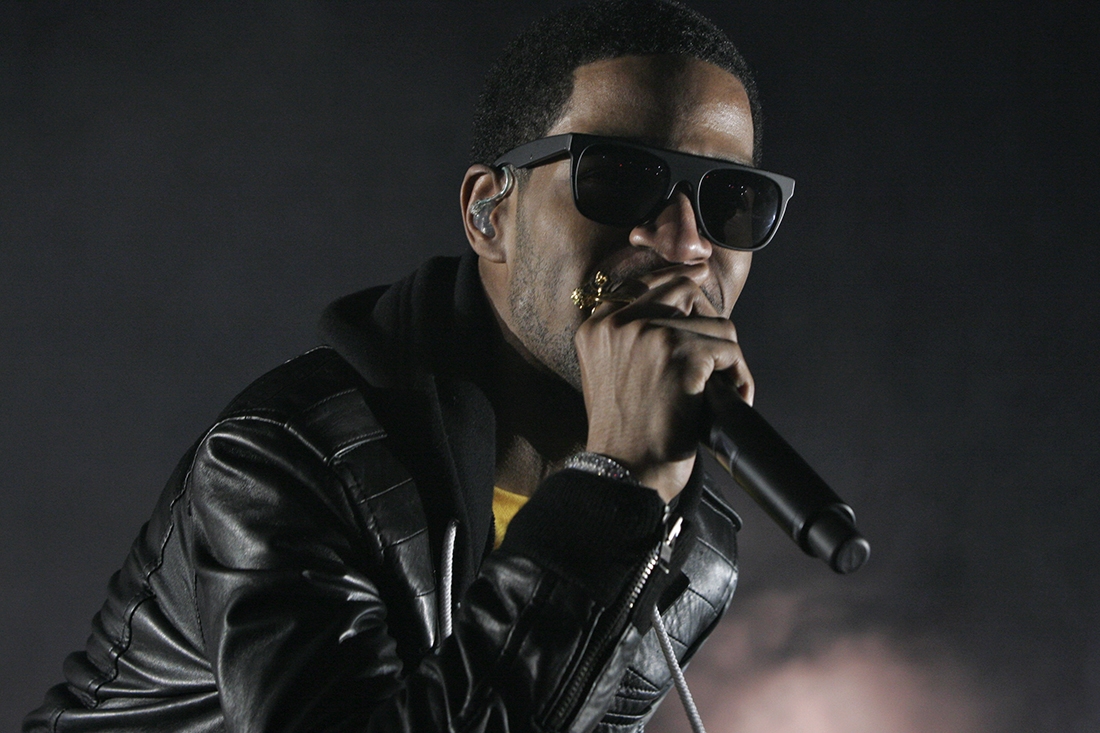Bernice Afriyie | Arts Editor
Featured image: Cudi breaks down barriers in the hip hop industry for black males deal with mental health issues. | Dana Beveridge
The average person has no qualms about visiting a doctor when they have the flu, consulting an optometrist when their vision fades or seeing a dermatologist when their skin acts up. It’s acceptable and encouraged for people to do so.
However, when the issue is one of a mental nature, it becomes more difficult for some people to seek help, and in many cases, find the adequate help that they need. To add to this difficulty, the stigma of dealing with mental illness has only recently started to erode away with government, corporate and cultural campaigns debunking myths surrounding mental illness.
According to the Canadian Mental Health Association 20 per cent of Canadians will personally experience a mental illness in their lifetime, while all Canadians will be indirectly affected, whether through a family member, friend or colleague. That’s why when American rapper and lyricist Kid Cudi decided to check himself into rehab last October, it was an important moment in drawing attention to the commonality of mental illness.
Cudi announced via his Facebook page on October 4 that he was taking some time away from his career to focus on his happiness.
“It’s been difficult for me to find the words to what I’m about to share with you because I feel ashamed. Ashamed to be a leader and hero to so many while admitting I’ve been living a lie. It took me a while to get to this place of commitment, but it is something I have to do for myself, my family, my best friend/daughter and all of you, my fans,” shared Cudi.
“My anxiety and depression have ruled my life for as long as I can remember and I never leave the house because of it. I can’t make new friends because of it.”
After Cudi’s intimate revelation over social media, the sea of support through the internet from fans and other members of the music industry was hopeful. Tegan and Sara, Pete Wentz and Monica are just a few of the celebrities who offered Cudi support and commended him for his courage.
Highlighting Cudi’s struggles may seem removed from everyday people who experience mental health issues on a day-to-day basis who may not be able to afford and have access to the same help and support as Cudi. Class, race, gender, sexual orientation and other factors play a large role in who has access to what treatment and how people are treated for similar illnesses. With these points in mind, Cudi relates to the everywoman and everyman on an allegorical level.
“Kid Cudi and other celebrities are just like everyone else. They suffer and go through the same problems many of us do,” says Sandra Younis, a second-year engineering student.
In a culture and industry where black male musicians are expected to be a certain way, Cudi as a cultural figure takes on another level of importance.
Our culture glorifies macho behaviour and associates wealth with invincibility, leaving black male artists no room for weakness. If there does happen to be any deviation from that strong male ideal, they aren’t supposed to show it.
“Rappers portray themselves to be these strong, alpha males, so to admit that they need help is a bruise to their ego,” says second-year biology student Deborah Frimpong.
“It’s evident that there is a certain persona and demeanor that many individuals in the hip hop industry embody and that Kid’s decision to get treatment could be seen as a weakness,” reiterates Angela Brown, a second-year accounting student.
“With that said, I think his actions to better himself should be a step in the right direction as far as normalizing mental illness in such a mainstream industry as music.”
As is the case with many forms of untreated illnesses, the long-term effects of not seeking treatment for mental health-related issues outweigh the social consequences. Cudi’s decision continues to remind of us of our human fallibility and that it’s okay for black males, regardless of how taboo, to seek help for mental health-related issues. The rap and hip-hop industry must change how it constructs masculinity because this issue goes beyond mental health, bleeding into education, female empowerment and gender issues.
“This may be the beginning of a new wave of hip-hop, where a more understanding and accepting form of diverse struggles can form different communities and music,” says Laura Amponsah, a second-year sociology student.
One can only hope that a more accommodating and informative understanding of mental illness becomes the norm as well. It is the hope of many individuals who have dealt with, or have witnessed others deal with, mental illness that one day soon there is no more stigma attached to getting help for mental illness than there is for an ear infection.
Mental health is nondiscriminatory in who it afflicts. Let us be the same in how we address those affected.




